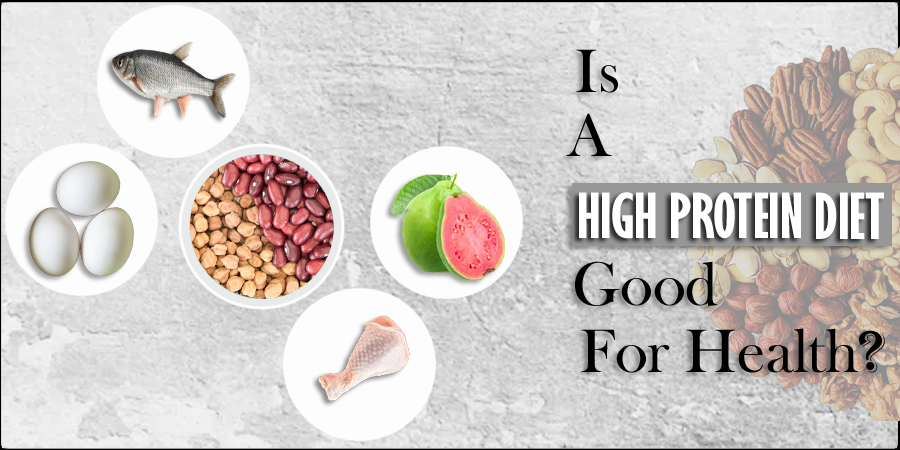The Pros and Cons of a High-Protein Diet
A high-protein diet can have both positive and negative aspects, and its appropriateness often depends on individual health goals, activity levels, and overall health status. Here are some considerations:
Benefits of Sufficient Protein intake
1. Muscle Building and Maintenance : Protein is essential for building and repairing tissues, including muscles. This is particularly important for individuals engaged in strength training or endurance exercises.
2. Weight Management : Protein can contribute to satiety, helping you feel full and satisfied, which may aid in weight management by reducing overall calorie intake.
3. Metabolic Health : Protein has a higher thermic effect compared to fats and carbohydrates, meaning it requires more energy to digest and metabolize. This may result in burning more calories.
4. Blood Sugar Regulation : Protein, when consumed with carbohydrates, can help moderate the rise in blood sugar levels.
How To Treat Dandruff With Sea SaltHealth Concerns
1. Kidney Health : Individuals with pre-existing kidney conditions may need to monitor their protein intake, as excessive protein consumption could potentially strain the kidneys.
2. Nutrient Imbalance : Focusing too much on protein may lead to neglecting other essential nutrients provided by a balanced diet, such as vitamins, minerals, and fiber.
3. Digestive Issues : Very high protein intake can sometimes lead to digestive issues such as constipation.
4. Sustainability : Depending on the sources, a high-protein diet may have environmental implications. For example, animal-based protein sources often have a higher environmental footprint than plant-based sources.
5. Long-term Health : Some studies suggest that very high protein intake, especially from animal sources, may be associated with certain health risks, such as increased risk of heart disease.
How do I treat my piles at home?Recommendations
1. Balance is Key : It’s important to maintain a balanced diet that includes a variety of nutrient-dense foods from different food groups.
2. Individualization : Protein needs vary among individuals. Factors such as age, activity level, health status, and fitness goals should be considered.
3. Quality Matters : Choose lean protein sources, including both animal and plant-based options. Incorporating a variety of protein-rich foods ensures a broader spectrum of essential amino acids.
4. Consultation with a Professional : If you have specific health goals or concerns, it’s advisable to consult with a registered dietitian or healthcare professional to determine the most appropriate dietary approach for your individual needs.
In summary, a high-protein diet can be beneficial for many people, but it’s important to approach it with moderation, balance, and consideration of individual factors.
TAGS :
